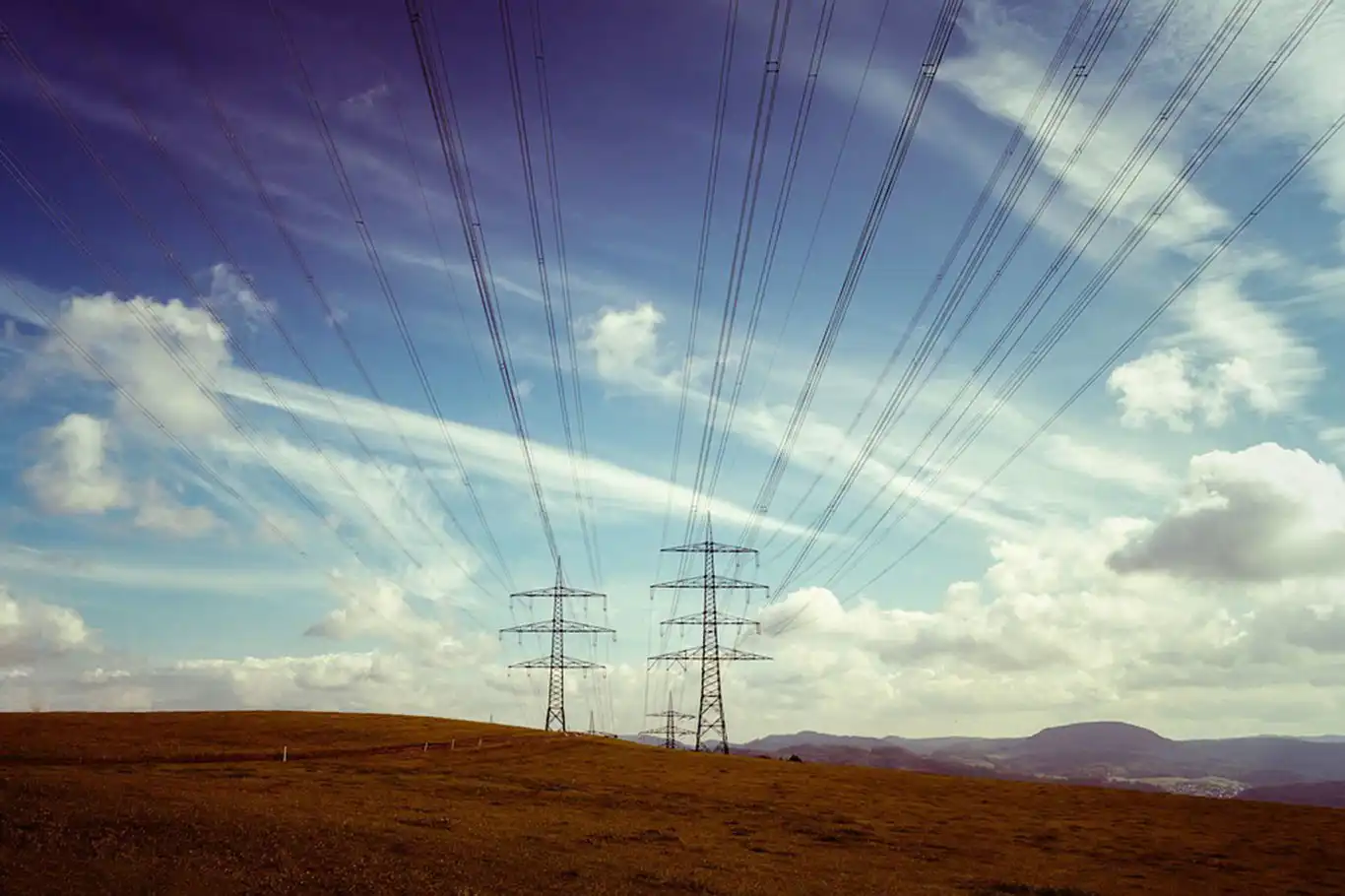World Bank approves resumption of CASA-1000 project in Afghanistan


After months of uncertainty, a glimmer of hope emerged for Afghanistan's energy sector as the World Bank announced the resumption of the CASA-1000 project.
This ambitious $1.2 billion initiative aims to transport clean hydropower from Tajikistan and Kyrgyzstan to Pakistan through Afghanistan, promising crucial economic and developmental benefits for all involved nations.
The decision to restart construction in Afghanistan, at the behest of Tajikistan, Kyrgyzstan, and Pakistan, represents a significant shift following the Taliban's takeover and subsequent concerns about project viability. However, the World Bank emphasized a "ring-fenced" approach, ensuring all construction payments and future revenue are managed outside of Afghan government systems, addressing transparency concerns.
CASA-1000 offers more than just electricity. The project's infrastructure includes fiber optic cables, providing much-needed internet access to remote Afghan communities. The 15-year project envisions delivering 1,000 megawatts of power to Pakistan and 300 megawatts to Afghanistan, significantly addressing chronic energy shortages in both countries.
Enthusiasm for the project's resumption is palpable. Amanullah Ghalib, former head of Afghanistan's national power company Breshna Sherkat, highlighted the additional internet connectivity as a major bonus. The Islamic Emirate's Deputy Minister of Economy, Abdul Latif Nazari, reiterated the government's full support and urged international donors to contribute.
This development comes amidst the World Bank's approval of a new $300 million aid package for Afghanistan, delivered through UN agencies and international organizations. This parallel initiative underscores the international community's continued commitment to supporting the Afghan people despite ongoing challenges.
However, hurdles remain. Security concerns persist, and ensuring the efficient management of project funds under the Taliban regime will be crucial. Transparency and accountability will be key factors in garnering international trust and attracting further investment.
Despite these challenges, the resumption of CASA-1000 represents a critical step towards regional cooperation and economic development in Afghanistan. With careful planning and international support, this project has the potential to bring much-needed light and connectivity to millions of Afghans, illuminating a brighter future for the war-torn nation. (ILKHA)
LEGAL WARNING: All rights of the published news, photos and videos are reserved by İlke Haber Ajansı Basın Yayın San. Trade A.Ş. Under no circumstances can all or part of the news, photos and videos be used without a written contract or subscription.
The health ministry in Gaza said on Saturday that the Israeli army committed four massacres in different areas of the Gaza Strip during the past 24 hours, and killed and injured at least 332 civilians, while a large number of victims are still under the rubble of bombed buildings or lying on roads.
The Hamas Movement announced that indirect ceasefire talks regarding Gaza resumed on Friday in the Qatari capital, Doha.
Kenyan space agency experts are investigating a 500kg metal ring that crashed in Mukuku village, 50km southeast of the capital Nairobi.
The UN Security Council held on Friday an emergency session on the collapse of health services in Gaza.